Nothing is more exciting than moving to your rental apartment in Barcelona, whether you decide to live there by yourself, with friends or with a partner.
You already know that the first phase of moving to your new place is finilizing the rental contract. In addition to the paperwork you must provide, there is also the case of paying a certain amount of money upfront, which has certainly led to a few discussions: the security deposit.
Surely every time the security deposit is a subject, you think: “Must I pay this deposit? What are my options if I don’t get my deposit back at the end?” This blog article by ShBarcelona will help you get answers to these questions. We will tell you everything you need to know about the rental property security deposit.
Table of Contents
What is the purpose of the security deposit?
First of all, the security deposit is regulated by article 36 of the LAU (the Ley de Arrendamientos Urbanos or urban rental law), and it concerns an amount of money paid in cash to the property owner when the rental contract is signed.
How do deposits work? It is a guarantee to ensure the new tenant sticks to every obligation mentioned in the rental contract. The amount is worth one month of rent, although in some situations three month’s worth of rent may be required. However, every type of rental property is subject to paying a security deposit.
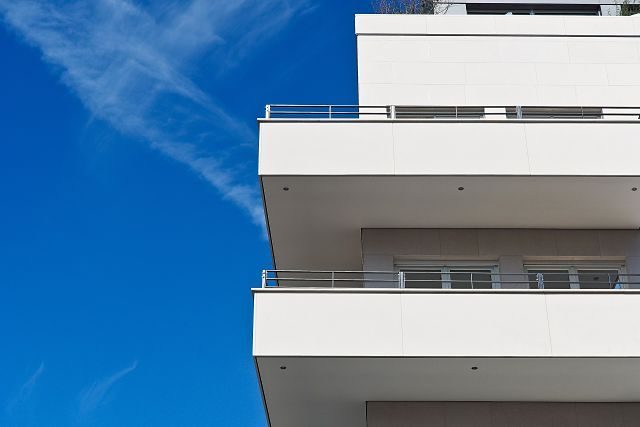


Photo via Pixabay
Where does the security deposit go?
Most of the autonomous communities have their own official institution that is in charge of collecting security deposits, and in Catalonia the public authority where this money is deposited is Incasol (Institut Catala del Sol).
The transaction will be taken care of by the property owner or the real estate agency, but as a tenant you have the right to ask for a copy as proof of the deposit, making sure the money is being kept in the right place.
Find your rental property in Barcelona
Your rental contract has been terminated, when will you receive back the deposit?
Once the agreed rental period in the contract has passed and you have left the apartment, it is not uncommon for tenants to have some doubts on when the amount of the security deposit will be transferred.
In general, property owners must pay back the security deposit to the tenant, as long as the condition of the apartment is acceptable upon returning it to its owner. This means that there are no damages to the property that may require repair, and no furniture or household appliances need to be replaced because of improper use.
There are two deadlines for the return of the deposit: Incasol has up to 21 days to pay back the security deposit, and the property owner may use one month to transfer the money from the moment the rental contract has ended. This answers the following important question: How long does a landlord have to return a deposit?
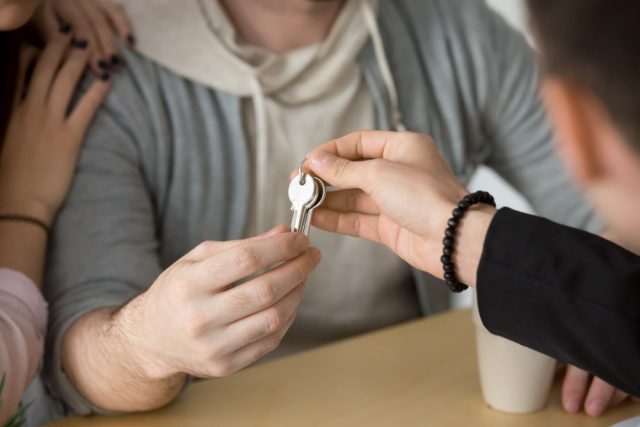


Photo via Unsplash
Is it possible that the property owner doesn’t return the security deposit?
Some property owners are really fussy about transferring the deposit, and they may see problems with the property that aren’t there at all. Sometimes these problems even were already there when the new tenant moved into the rental apartment. To avoid any issues, it is best to work with a real estate agency that takes care of the rental contract.
| 💡 To prevent any misunderstandings or to avoid property owners deducting (part of) the security deposit for repairs, you must always make an inventory list. On this list you will write down every element in detail, even the small damages that are already there. |
As mentioned earlier, however, it may also happen that tenants do not stick to the obligations written in the rental contract, and as a result, the property owner may not (fully) return the deposit.
The property owner may refuse to return the security deposit and use part (or all) of it in case the following situation occurs:
- The property is left in poor condition, and furniture or electrical appliances are damaged due to improper use.
- The tenant has not fulfilled the obligation of paying all utility invoices (water, electricity and gas), or has not paid rent until the very end of the contract.
- The property is not left in a clean state, which is not in accordance with the rental agreement.
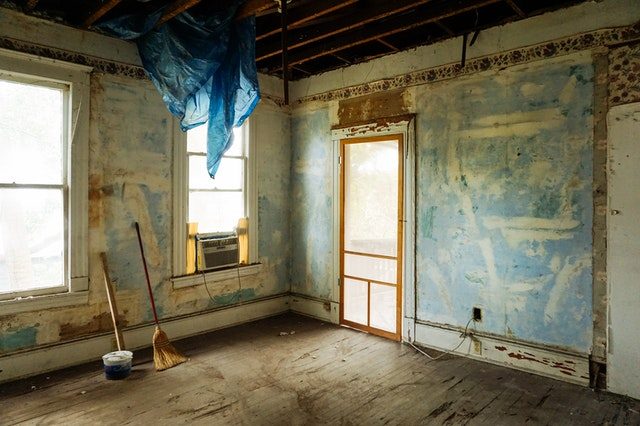


Photo via Pexels
Costs that may not be paid with the security deposit
You have read about situations that allow the property owner to keep (part of) the security deposit to pay for certain expenses. There are, however, also works for which the deposit may not be used.
Maintenance
Essential works that have to be executed to maintain a habitable home, like renewing a water pipe system or repairing damages (mould for example) caused by leaks.
Improvements
This concerns renovation works that are not necessary for the tenant, but which might improve the tenant’s quality of life or change the aesthetic looks of a property for the better. Examples are: changing bathroom tiles or adding air conditioning to the apartment.
Small repairs
It is only normal that a rental property deteriorates from normal usage, and this can be due to time that passes or a frequent change of tenants. Works like painting the walls is therefore an expense that the property owner must be prepared to pay for himself.
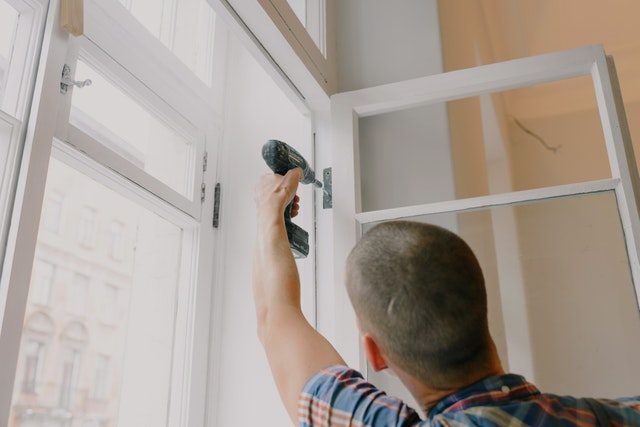


Photo via Pexels
What happens when the property owner refuses to pay back the security deposit?
When the property owner is unsatisfied with the state the property is left in after tenants leave, and he says repairs are needed, he then has to prove that damages have been the result of a tenant’s improper use, and that it is not a case of normal wear and tear.
If the property owner cannot provide the tenant with proof of his misuse, he can still withhold the security deposit, but then the tenant has the right to go to court to legally claim back his deposit.
If the property owner does manage to provide invoices of repairs that show the tenant was the cause of damages inside the property, he can stick with his decision to not pay back the security deposit.
Be aware that for any amount less than 2,000 euros you do not need to go to court with a lawyer, although it is always better to hire a professional to assist you during the process.
Have you ever been in the situation that the property owner did not refund the deposit?
What did you do? Share you advice with other readers!
Sources:
- https://www.abogadosparatodos.net/la-fianza-en-el-contrato-de-arrendamiento/
- https://ajuntament.barcelona.cat/relacionsinternacionalsicooperacio/es/noticia/que-pasa-si-la-persona-arrendadora-no-te-devuelve-la-fianza_925673
- http://incasol.gencat.cat/es/2-serveis_i_tramits/Fiances/Devoluciones/





















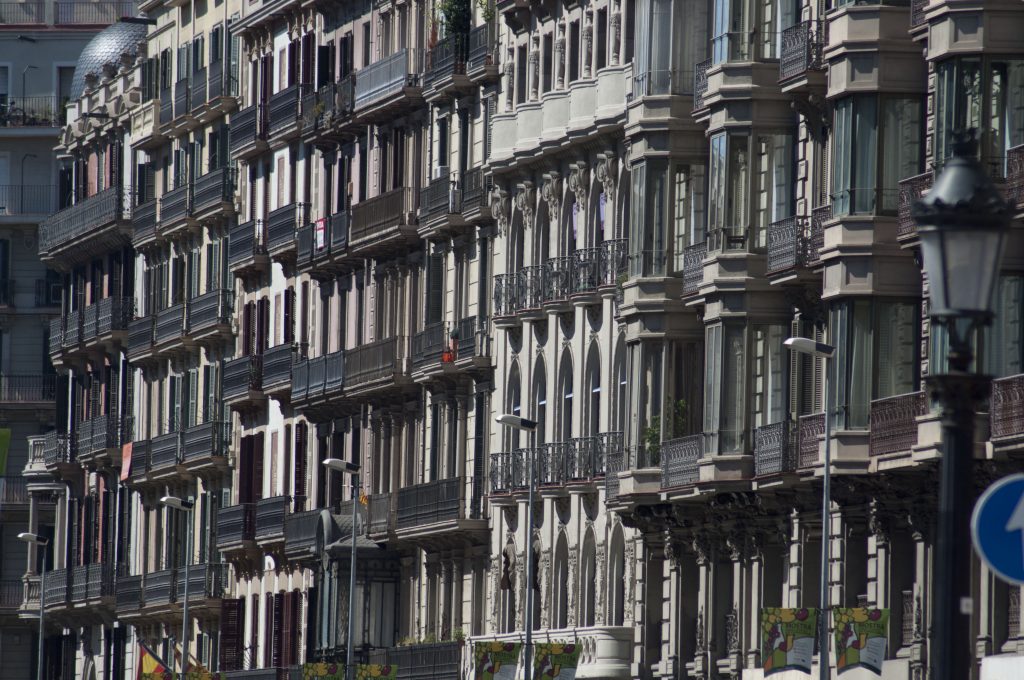





Leave a Comment